
Remembering NIMHD’s Desai
Desai’s colleagues at NIMHD remember her as a positive and compassionate person. “She was a wonderful, cheerful, friendly and caring team member,” said Dr. Rina Das, director of DIBBS. “We will miss her dearly.”

Read about minority health and health disparities news and events from NIMHD undertakings that engage our stakeholders.

Desai’s colleagues at NIMHD remember her as a positive and compassionate person. “She was a wonderful, cheerful, friendly and caring team member,” said Dr. Rina Das, director of DIBBS. “We will miss her dearly.”
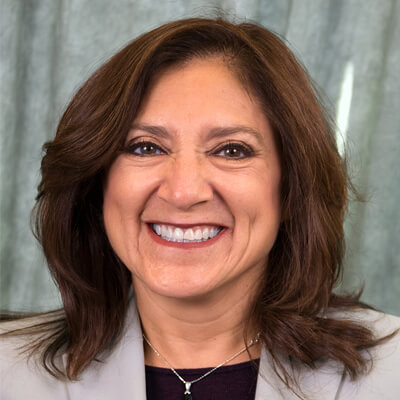
“Anna’s leadership at NIMHD Intramural has been foundational and this legacy will yield benefits for many years,” said NIMHD Director Dr. Eliseo Pérez-Stable. “In addition, her ability to create collaborations across NIH contribute to the rich legacy of impact that NIMHD has on the research enterprise and its progress toward inclusive racial and ethnic cultural diversity in its leadership.”
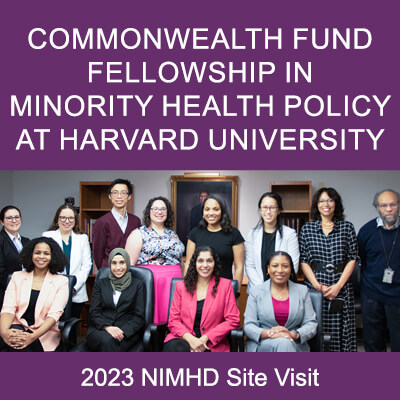
In person for the first time since 2019, fellows participate in site visits to experience the policymaking processes in public health management first-hand. NIMHD Director Dr. Eliseo Pérez-Stable, with NIMHD scientific, legislative and communications staff discussed the institute’s initiatives to advance the science of minority health and health disparities.

Lessons from the work of 21 state-based NIH Community Engagement Alliance (CEAL) teams were shared at the 2022 American Public Health Association (APHA) Annual Meeting and Expo and a virtual workshop focused on the science of community-engaged health disparities research.

Brother, You're on My Mind strives to start conversations about mental health. By pairing science-based materials with trusted community members, the program raises awareness about depression and stress.
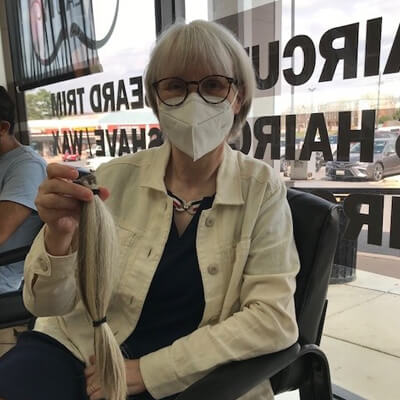
NIMHD scientific review officer Dr. Maryline Laude-Sharp sees her hair donation as an act of love that can help people who are struggling with medical complications resulting in hair loss. "This is my first time donating, but I'm glad I [did] and would like to encourage others."
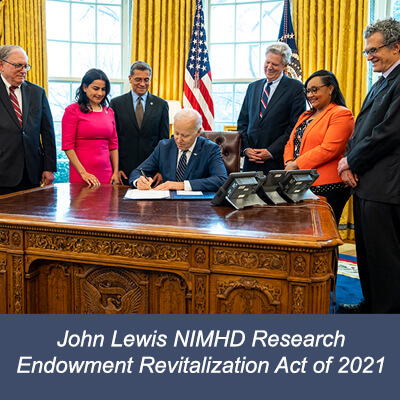
The John Lewis NIMHD Research Endowment Revitalization Act of 2021 expands eligibility for the NIMHD REP, which provides funds to academic institutions’ endowments to help build research infrastructure and recruit, train, and maintain a diverse student body and faculty.

A cardiovascular physiologist by training, Dr. Joyce A. Hunter is a recognized expert on NIH extramural policies and has had an extensive career in program and scientific review administration with NIMHD, NHLBI and NIDDK.

NIMHD’s own researchers do work that directly benefits the communities most impacted by health disparities. From its roots to today, the DIR charts a path toward health equity.
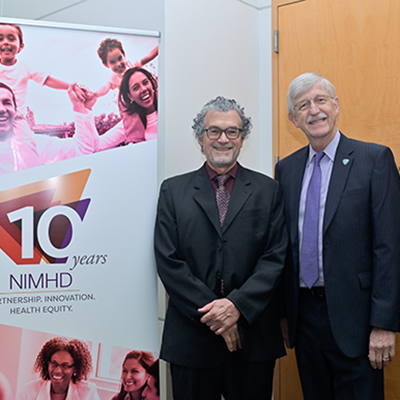
NIMHD celebrates its 10th year as an NIH Institute, in 2020. This feature story highlights some of the presentations by our staff and grantees from the 10th Anniversary Scientific Symposium held on March 3.

March was her back-up on-call month, so NIMHD’s Dr. Nadra Tyus, a commander in the Public Health Service Commissioned Corps, was hardly surprised when she was asked to deploy.
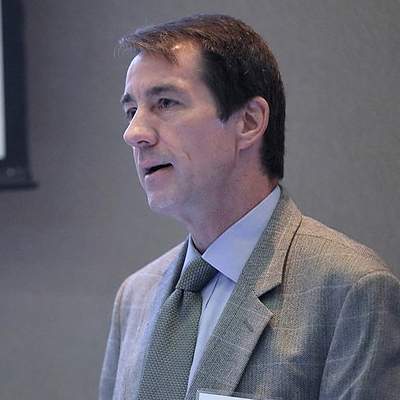
One in 5 Americans live in rural America and face health disparities every day due to higher rates of poverty and less access to health care.

Monica Webb Hooper, Ph.D., has been selected as Deputy Director of the National Institute on Minority Health and Health Disparities, part of the National Institutes of Health. She will begin her appointment on March 15.
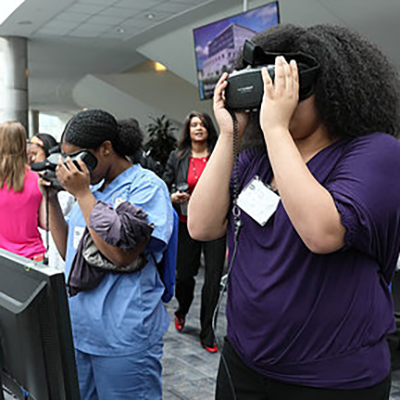
The sixth annual Science Day hosted recently by NIH aimed to engage students from disadvantaged communities by giving them an opportunity to interact with researchers and mentors.
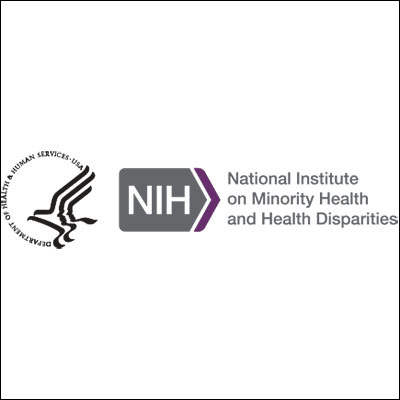
In 2018, NIMHD held its third annual grantees meeting of the Transdisciplinary Collaborative Centers on health disparities focused on precision medicine.
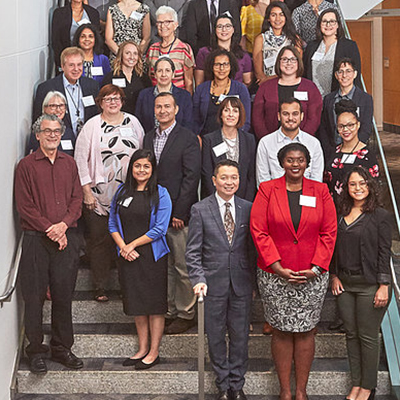
Fifty early-stage investigators were selected to participate in the annual HDRI held recently on campus, sponsored by the National Institute on Minority Health and Health Disparities. Participants represented 25 states, the District of Columbia, Guam and Puerto Rico.

NIMHD’s Minority Health 5K is a themed event to coincide with National Minority Health Month. The month is a time to raise awareness of health disparities and health equity topics in America. This year’s theme, “Active and Healthy,” encouraged people to add some physical activity to their lives.
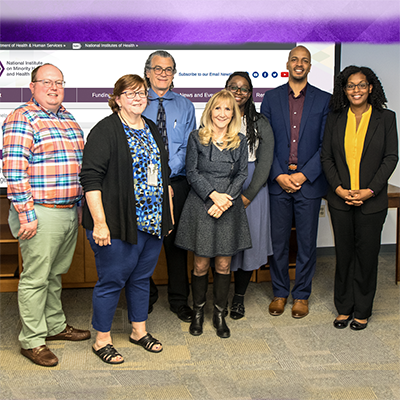
Dr. Celia Fisher, director of the National Institute on Drug Abuse-supported HIV and Drug Abuse Prevention Research Ethics Training Institute (RETI) at Fordham University, brought four early-stage investigators to the National Institute on Minority Health and Health Disparities recently.

The Commonwealth Fund Fellowship Program in Minority Health Policy is supported by NIMHD.
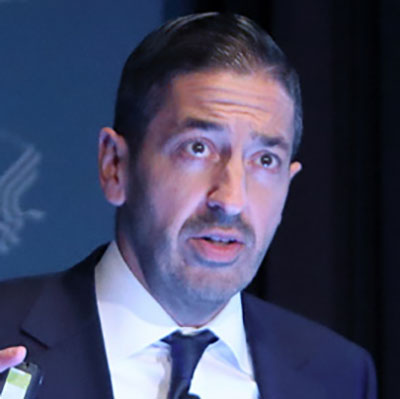
A sturdy building needs a strong foundation with numerous pillars to support it. The whole structure could be compromised if builders overlook proper materials and design.

Women in science at NIH are inspiring next-generation leaders through the Public Leadership Education Network.

NIMHD, the National Heart, Lung, and Blood Institute, and the Office of Behavioral and Social Sciences Research convened a 2-day workshop examining the role of sleep in health disparities.

On May 25, 2018, LT Adelaida M. Rosario, Ph.D., NIMHD program officer in Community Health and Population Sciences in the Division of Scientific Programs, was inducted into the Commissioned Corps of the U.S. Public Health Service (USPHS).
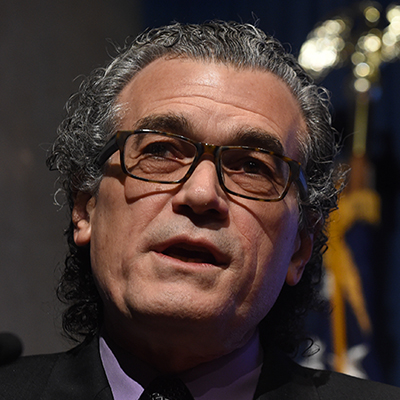
NIMHD’s Scientific Advancement Plan (SAP) is a transformative agenda that champions the fields of minority health and health disparities research.
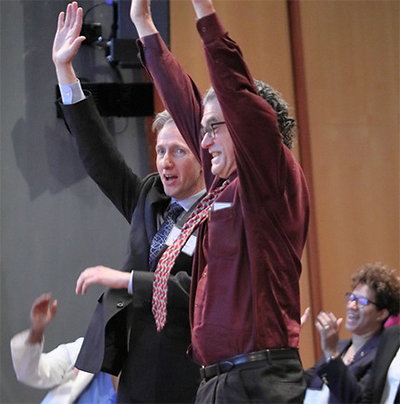
Now in its fifth year, “Science Day at NIH” highlighted an unexpected and recurring theme for the day: passion. Nearly 500 students from 11 area schools recently attended the event at the Natcher Bldg., where they were engrossed in an assortment of science and health care activities and career options.

On a cloudy, brisk day in April, NIH staff, contractors and friends gathered on the lawn in front of Bldg. 1 to participate in the 2nd Minority Health 5K Walk/Run.

The National Institutes of Health awarded a two-year, $300,000 Bench-to-Bedside grant to epidemiologist Chandra L. Jackson, PhD, MS.

In 2017, NIMHD and other NIH Institutes, along with the Office of Dietary Supplements, co-hosted a workshop to address the vitamin D paradox in Black Americans.

On May 22 and 23, 2017, NIMHD and the U.S. Department of Health and Human Services Office of Minority Health convened a workshop on identifying structural racism/discrimination (SR/D) and addressing it in minority health and health disparities research.
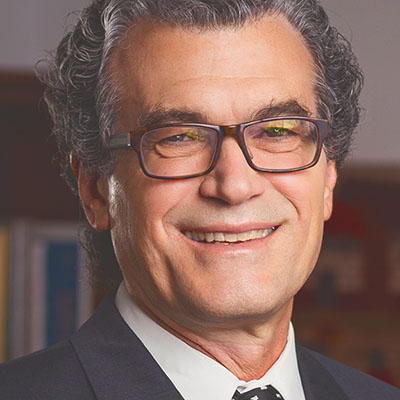
“There are a host of health disparities that affect people in this country, and if we are not intent on finding solutions, then who will?” began Dr. Anthony K. Wutoh, provost and chief academic officer of Howard University, as the inaugural Health Disparities Research Summit opened on Friday, April 7, 2017.
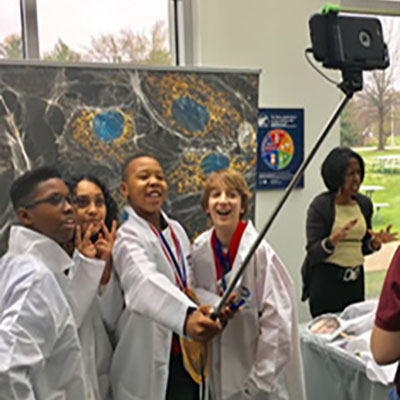
Dreams of becoming a doctor often remain only dreams for many students from disadvantaged communities. Generally, their schools may lack the academic enrichment programs and direct mentoring, which greatly benefit students from other backgrounds. However, Science Day seeks to inspire and prepare kids from diverse backgrounds to become health care and science professionals.
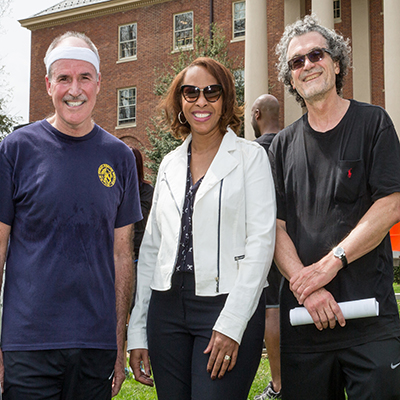
To celebrate National Minority Health Month, the National Institute on Minority Health and Health Disparities held its inaugural Minority Health 5K Walk/Run at NIH on Apr. 12. With more than 400 registered participants and a sunny day, the lawn in front of Bldg. 1 was packed with exercise enthusiasts.
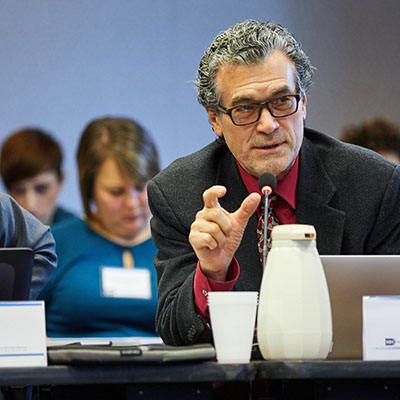
This two-day workshop discussed the use of race and ethnicity data in biomedical and clinical research and their application to minority health and health disparities research.

The Office of Strategic Planning, Legislation and Scientific Policy at the National Institute on Minority Health and Health Disparities has added three staffers.

Kimberly Allen recently was named executive officer at the National Institute on Minority Health and Health Disparities. She had served as deputy EO since 2015. Before coming to NIMHD, Allen was deputy executive officer at NIGMS.

The National Institute on Minority Health and Health Disparities recently added six employees to its scientific staff.
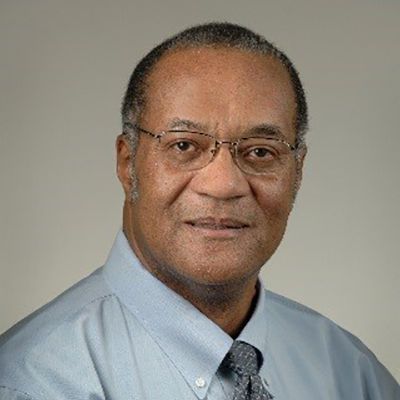
Former NIMHD Clinical Director Dr. Eddie Reed was inducted into the 2015 Arkansas Black Hall of Fame, posthumously, on October 17, 2015.
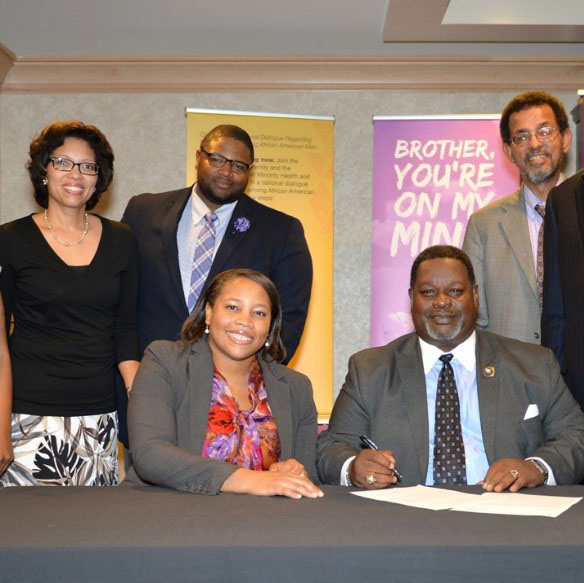
NIMHD and the Omega Psi Phi Fraternity, Inc., have launched an educational outreach initiative titled Brother, You're On My Mind (BYOMM): Changing the National Dialogue Regarding Mental Health Among African-American Men.
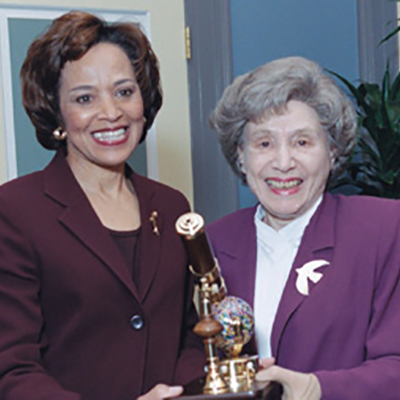
NIMHD Acting Director Dr. Yvonne Maddox has retired from NIH after nearly 30 years of distinguished service, having earned the respect and admiration of her colleagues along the way.
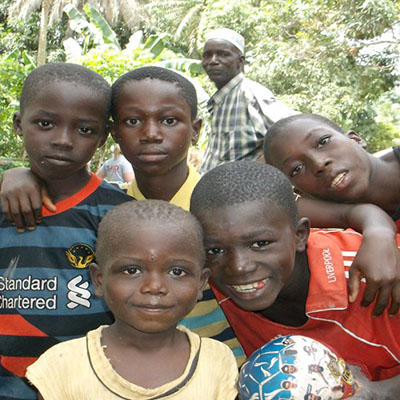
Dr. Rick Berzon, a health scientist administrator at NIMHD, served a three-month detail in Conakry, Guinea, West Africa, where he assisted the U.S. Centers for Disease Control and Prevention's (CDC) USG (United States Government) Ebola Response effort.
Page updated Dec. 24, 2024